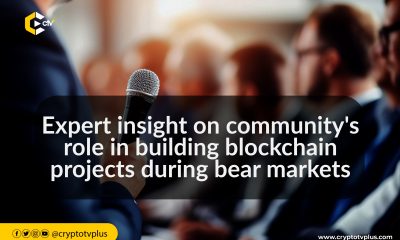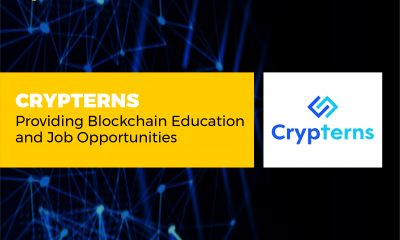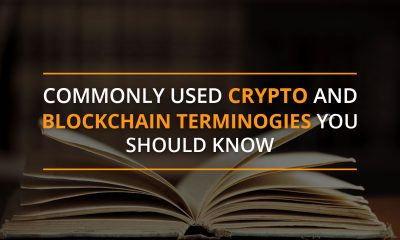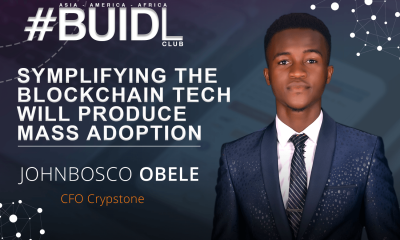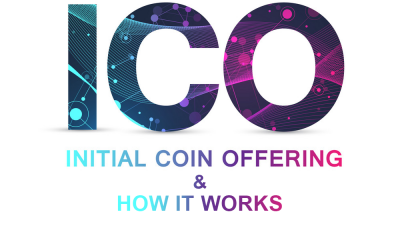FEATURED
Cracking the code: experts share insights on blockchain education challenges
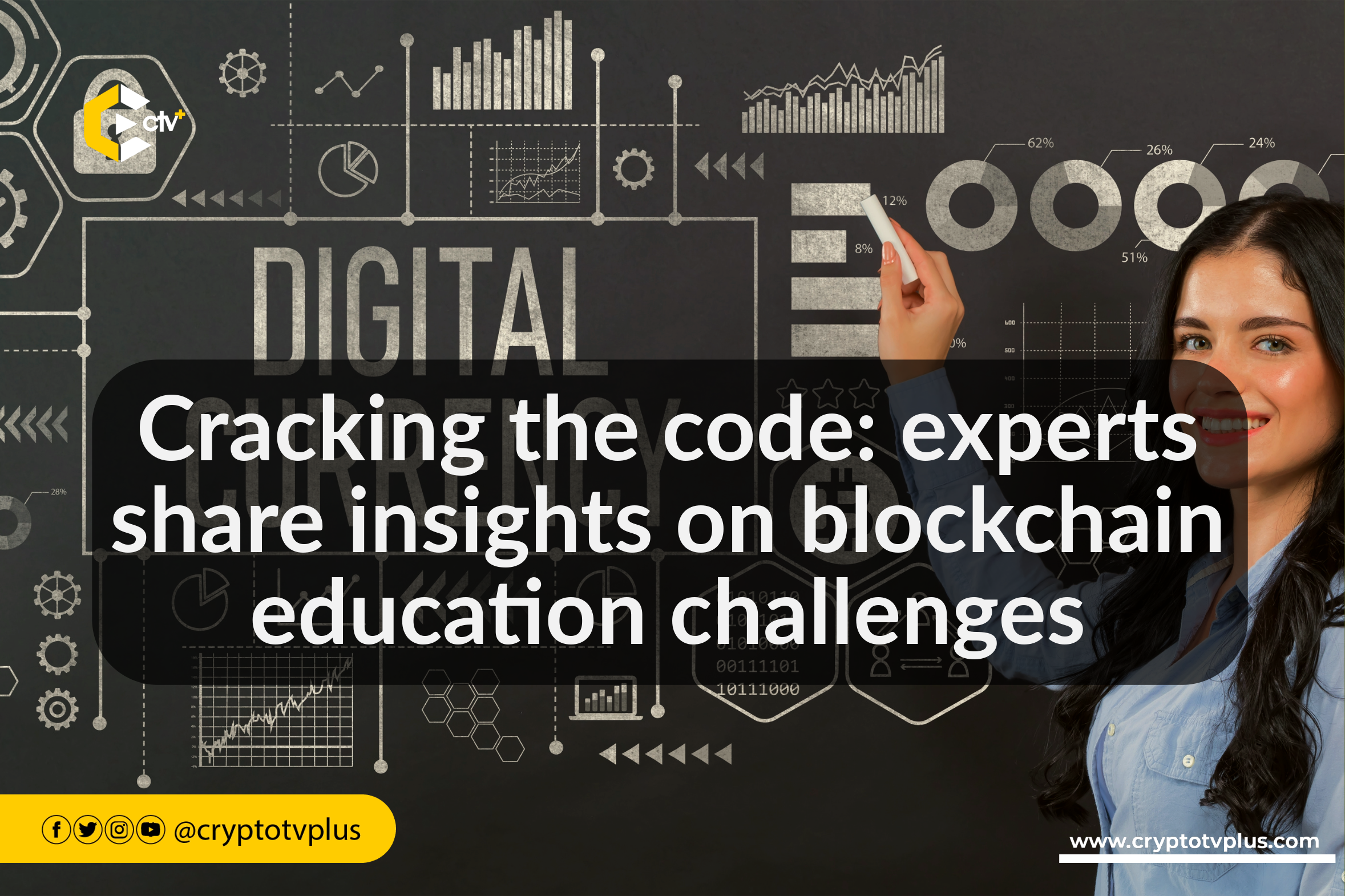
With the growing adoption of blockchain technology across industries, the importance of a well-educated workforce cannot be overstated. It is worth noting that blockchain education is evolving and can be found in various forms, from formal university programs to informal online platforms. While informal blockchain education seems to be more prevalent, both avenues are making strides and face their own set of challenges.
During the Cardano Summit 2023, experts provided interesting insights into the dynamics of formal and informal access to blockchain education. Traditionally, universities have been at the forefront of knowledge dissemination; however, the landscape is shifting. Universities are now incorporating blockchain into their curriculum, recognizing its significance.
Innar Liiv, Associate Professor of Big Data at Tallinn University of Technology, highlights a difference in teaching approaches. While the crypto space often focuses on developers, universities strive to cater to a diverse audience, including business analysts and legal scholars. Their goal extends beyond mere service provision; they aim to foster creativity and innovation among their students.
Informal Blockchain Education
Nikhil Joshi, EMURGO COO, discussed alternative avenues for individuals or organizations to gain knowledge in blockchain when formal university education or structured curriculum is not accessible.
He emphasized the vast opportunities provided by the internet for accessing information but highlighted the challenge of ensuring the quality of content. “While platforms like YouTube offer content, the key is discerning the quality and relevance to avoid wasting time on inadequate materials.”
Also, Nikhil pointed out the strength of the blockchain and crypto community, emphasizing the value of community engagement beyond formal education. He suggests that leveraging this community allows for the exchange of ideas and collective learning, offering a more dynamic and interactive approach compared to traditional institutionalized training. Nikhil also raised the issue of filtering through the abundance of information to find reliable and valuable resources.
Regarding ensuring equitable access to blockchain education, Nikhil acknowledged EMURGO, as a commercial entity with specific target audiences. He expresses the desire to make education accessible to a broader demographic but acknowledges the current focus on Cardano developers. Nikhil stressed a gradual approach, offering some content for free and aiming to expand both the product set and accessibility over time. For Nikhil, education is an ongoing journey, and inclusivity remains a goal despite current limitations.
Moreover, Nikhil Joshi emphasized that the responsibility for blockchain education extends beyond any single entity. He stresses a multi-layered approach involving individuals, organizations, institutions, and governments.
Challenges in Blockchain Education
According to Jillian Godsil, Founder and Editor-in-Chief for Blockleaders, one notable challenge in academia is the slow pace of blockchain education. However, she added that the adoption of new technologies is typically slow across the board.
Another important aspect to consider is knowing when and when not to learn about blockchain. Innar Liiv believes that teaching blockchain can start in high school or university, as long as there is a clear use case. He does not support starting blockchain education in kindergarten but emphasizes beginning at an appropriate level.
While some older individuals might feel that blockchain education is beyond their age bracket, Jillian Godsil disagrees. She believes that age should not be a barrier to blockchain education and sees it as an opportunity to challenge societal norms. She encourages a continuous learning mindset, stating that “every day is a school day.” Additionally, Jillian highlights the importance of lifelong learning.
In conclusion, Innar Liiv emphasized the importance of awareness in the formal education environment rather than measuring the difficulty of implementing blockchain curricula in universities. He suggested that starting with developers is easier, but the focus should also extend to disciplines like political science. The challenge lies not in the level of difficulty, but in understanding which group should be the target of this awareness, he further emphasized.
Read also;
Mike Novogratz sees Binance settlement as positive for the crypto industry
What do you think of this article? Share comments below.



